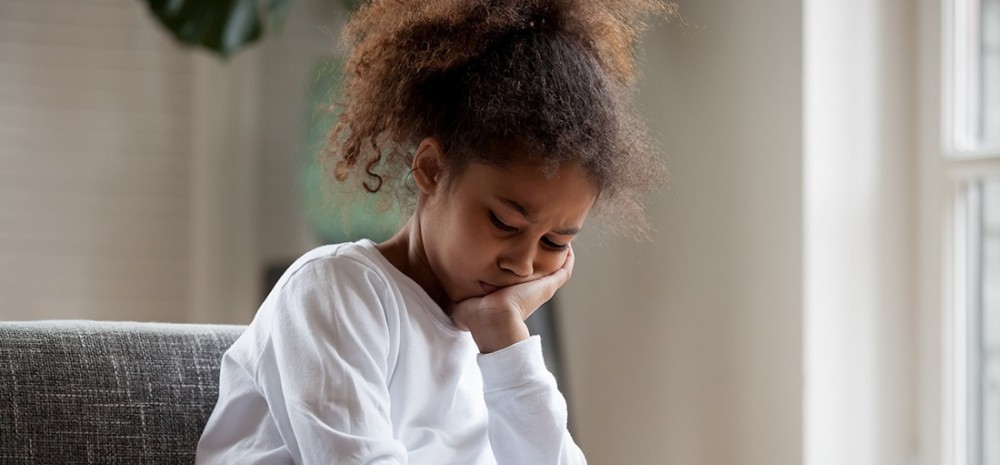
Managing Mental Health During School Closures
With another lockdown and the subsequent school closures, the global pandemic has certainly heightened our awareness of our own and our pupils’ mental health. So, what have we learnt from previous experiences that could help us cope this time around?
When the first school shut-downs occurred, it was the first time since wartime that schools were closed to the majority of pupils. It was such a shock to us all and there were limited processes in place for remote learning, supporting vulnerable pupils, and safeguarding remotely.
This time around, there is a confidence in having these systems in place and knowing what to do and who will do it. Your pupils will know this which will inspire feelings of safety and certainty.
However, schools are now expected to provide blended learning. We have a higher percentage of pupils in school than in previous lockdowns and an expectation from the DfE that there is between 3-5 hours of online learning (dependant on the key stage).
The level of stress this is creating for school leaders and teachers, is not sustainable. Let’s learn from the previous lockdowns: we have to get outside, connect with others (within the guidelines), and commit to our own wellbeing otherwise we are likely to burn out.
Consider providing a Monday morning check-in for staff in order to monitor staff wellbeing every week. This idea is shared in a podcast in which mental health lead, Keri Haw, provides a helpful way of supporting staff before crises.
Motivation and mood
For many pupils, there may have been a reduction in anxiety due to the cancellation of tests and exams, but they now have the added challenge of staying motivated.
Indeed, our whole lives have changed so much that normal activities and freedoms have not been available to us for a prolonged period of time. This creates difficulty in maintaining motivation and focus, especially as there are fewer daylight hours when compared to last time schools were closed.
A key factor in keeping going and motivated is to not look too far ahead and to maintain a healthy routine. You may consider sharing with pupils motivational strategies like the Podomoro technique or give them daily/weekly tasks which involve resilience-based activities as part of the lessons and learning.
Perhaps engage primary pupils in the RSPB birdwatch at the end of January as part of numeracy, literacy, and science? Things which actively engage them with activities away from the screen and will help with mood and wellbeing.
Provide feedback as much as possible, so that pupils are motivated to keep going with online learning. They will then know that their work matters and is not just a task to do, but has meaning and a connection to their learning and teacher.
What can we learn?
Whilst we have been here before, the business of schools is face-to-face teaching, so, essentially, schools are adapting to unchartered waters. Schools are also in the business of knowing what is best for their learners. Hold on to that knowledge and be secure that your plans will be in the best interest of the whole school community and the context of your school.
At The National College, we have a suite of courses and webinars dedicated to helping you support mental health and wellbeing in your school.
Sign up today for instant access to past and future CPD training on everything you need to empower your staff, including current policies, health and safety, and Ofsted expectations. We also have a range of webinars to provide guidance to schools during the COVID-19 pandemic.
All our webinars and courses are provided in high-quality video format and have been developed by nationally recognised experts.